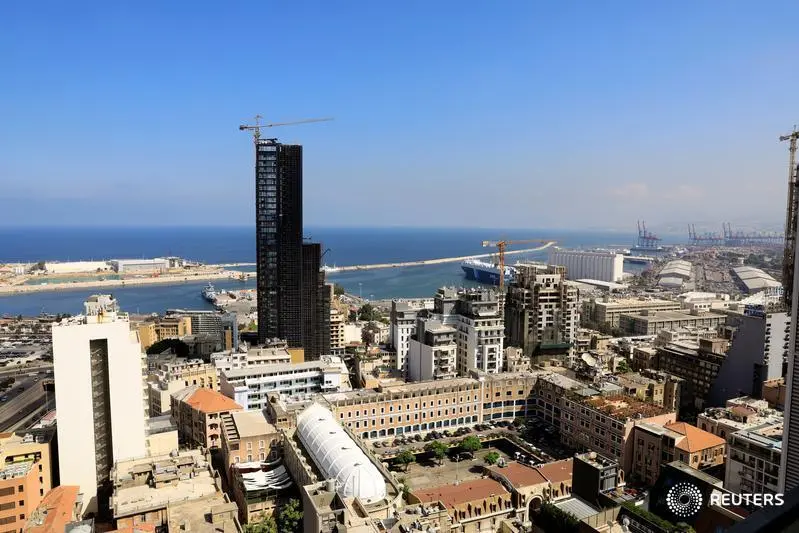PHOTO
BEIRUT: The performance of Lebanons private sector continued to reel under the severe economic conditions in the country, according to BLOMINVEST PMI report. At 46.3 in June, the BLOM Lebanon PMI was unchanged since May. The reading represented another decline in operating conditions faced by private sector firms in Lebanon, extending the current sequence of deterioration to six years, BLOMINVEST said.
Commenting on the June 2019 PMI results, Rouba Chbeir, senior economist at BLOMINVEST Bank, said: With a PMI of 46.3, economic growth remains subdued, hovering between 0 percent and 0.5 percent especially with output and new orders indices at less than 44. The new tax-driven budget proposed still awaits approval which spurs uncertainty.
He added that the government revealed an optimistic trend of fiscal consolidation as it targets a deficit of 7.6 percent of GDP instead of 2018s 10.9 percent, yet the cuts in expenditures remain unclear while the environment of high interest rates continues to crowd out the private sector and send investors into a wait-and-see attitude.
The PMI is a composite index, calculated as a weighted average of five individual sub-components: New Orders (30 percent), Output (25 percent), Employment (20 percent), Suppliers Delivery Times (15 percent) and Stocks of Purchases (10 percent). Readings above 50 signal an improvement in business conditions on the previous month, while readings below 50 show a deterioration.
The report explained that a key factor behind the continued decline was a further contraction in output during June.
Although the rate of decrease was slightly softer than in May, it remained historically marked. Panel members typically cited political and economic instability when explaining the latest reduction. Similarly, new orders placed with firms in the private sector fell at the end of the third quarter, extending the current run of deterioration to just over six years. Moreover, the pace of reduction accelerated fractionally from May and was sharp overall, BLOMINVEST said.
It added that amid an ongoing slowdown in demand, firms reduced their purchasing activity further in June.
Input buying has now fallen in each month for nearly three-and-a-half years. Although the rate of decline slowed from May, it remained sharper than the historical average, the report said.
It added that the easing capacity pressure was evident at suppliers with a fractional improvement in vendor performance in June.
Following the stabilization in May, average lead times shortened, with panelists often noting they received faster delivery due to a lack of work at suppliers, the report said.
Copyright 2019, The Daily Star. All rights reserved. Provided by SyndiGate Media Inc. (Syndigate.info).





















